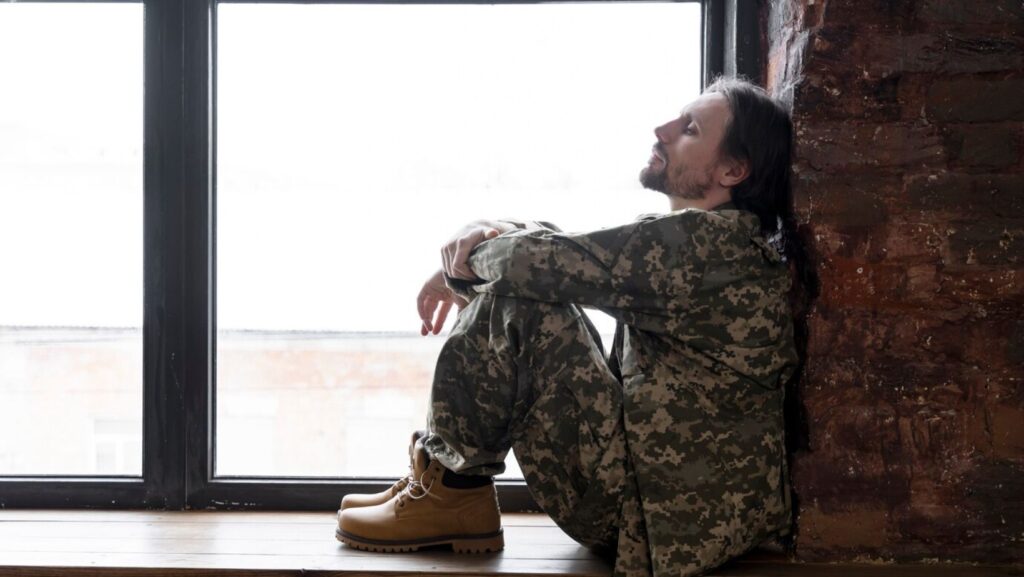A new study from the International Blast Injury Research Network at the University of Southampton has found that displaced Ukrainians—both refugees and those still within Ukraine—are experiencing severe mental health challenges, including high rates of PTSD and Anxiety Levels.
Published in PLOS Global Public Health, the study highlights the psychological toll of war and displacement, with those remaining in Ukraine reporting the most severe mental health symptoms.
The Mental Health Impact of War and Displacement

Since Russia’s full-scale invasion of Ukraine in February 2022, more than 13 million people have been displaced from their homes. War-related trauma, loss of community, housing, and economic resources, and ongoing instability have contributed to worsening mental health across affected populations.
Between April and July 2022, researchers surveyed over 8,000 displaced Ukrainians, asking about their mental health, living conditions, and exposure to explosions caused by military actions.
The results revealed a staggering prevalence of trauma:
- Nearly 70% of respondents reported experiencing anxiety.
- More than half of the refugees and almost 80% of those still in Ukraine had been exposed to at least one blast event.
- People who remained in Ukraine reported more frequent flashbacks—a key symptom of PTSD—compared to refugees.
Flashbacks, which can range from intrusive thoughts to full sensory re-experiences of trauma, were strongly linked to blast exposure in the study.
Displaced Populations in Ukraine Face Greater Psychological Distress for PTSD and Anxiety Levels
While both refugees and internally displaced Ukrainians reported significant mental health challenges, the study found that those who remained in Ukraine faced worse psychological outcomes, likely due to their continued exposure to war.
However, refugees were not immune to trauma. The stress of displacement, uncertainty about the future, and separation from family also contributed to high PTSD and Anxiety Levels symptoms among those who fled.
Urgent Need for Mental Health Support
The researchers stress that mental health and psychosocial support must be prioritized in humanitarian relief efforts to address the long-term impact of war trauma.
“Exposure to blast events can be incredibly distressing,” the study authors noted. “Our survey of 8,300 Ukrainian respondents showed that almost 70% reported witnessing a blast event during the first four months of Russia’s full-scale invasion in 2022. Most worryingly, many who were blast-exposed reported adverse mental health outcomes, including PTSD symptoms.”
As the conflict continues, experts warn that ignoring the psychological toll of war could have lasting consequences for Ukraine’s displaced populations. The findings highlight an urgent need for targeted mental health interventions to support those affected by trauma, both within Ukraine and among refugees abroad.
Reference: Ken Brackstone, Michael G. Head, Brienna Perelli-Harris. Effects of blast exposure on anxiety and symptoms of post-traumatic stress disorder (PTSD) among displaced Ukrainian populations. PLOS Global Public Health, 2024.